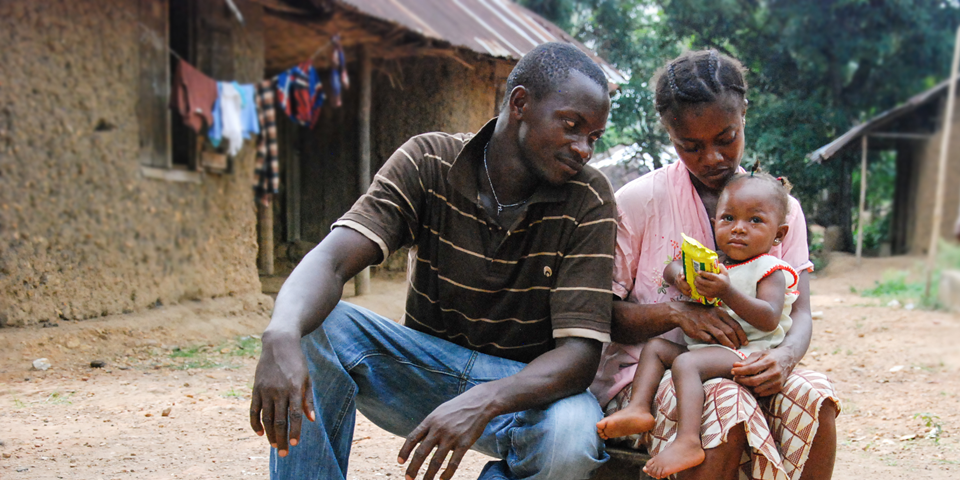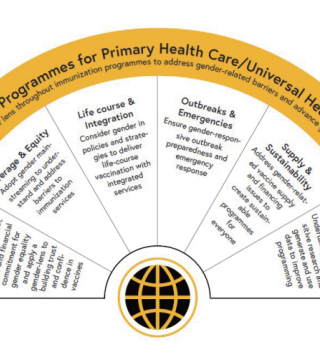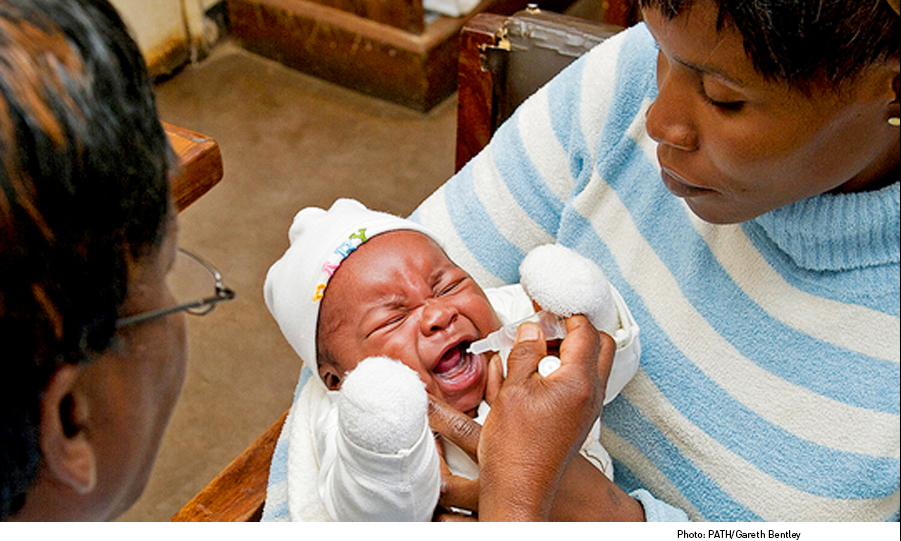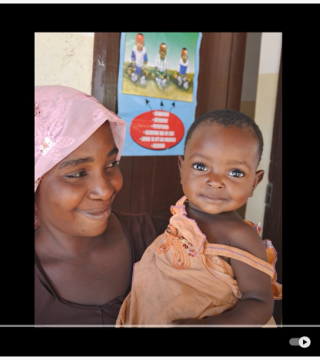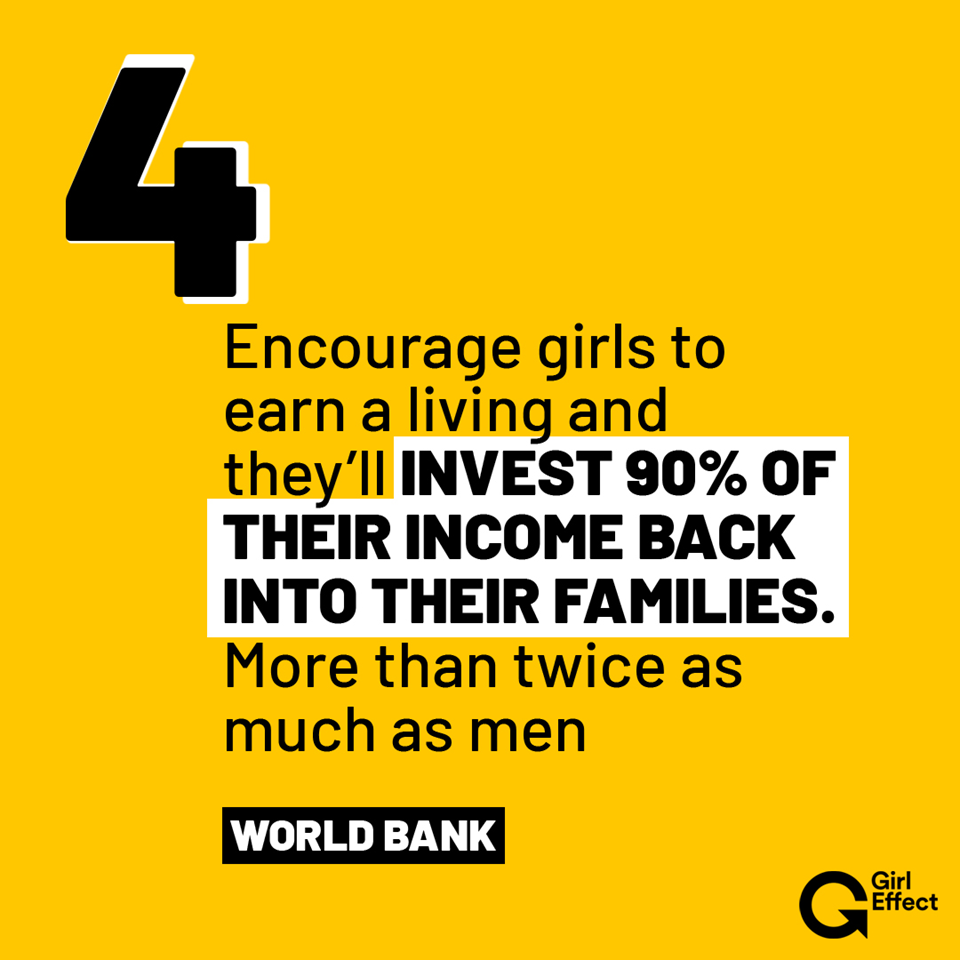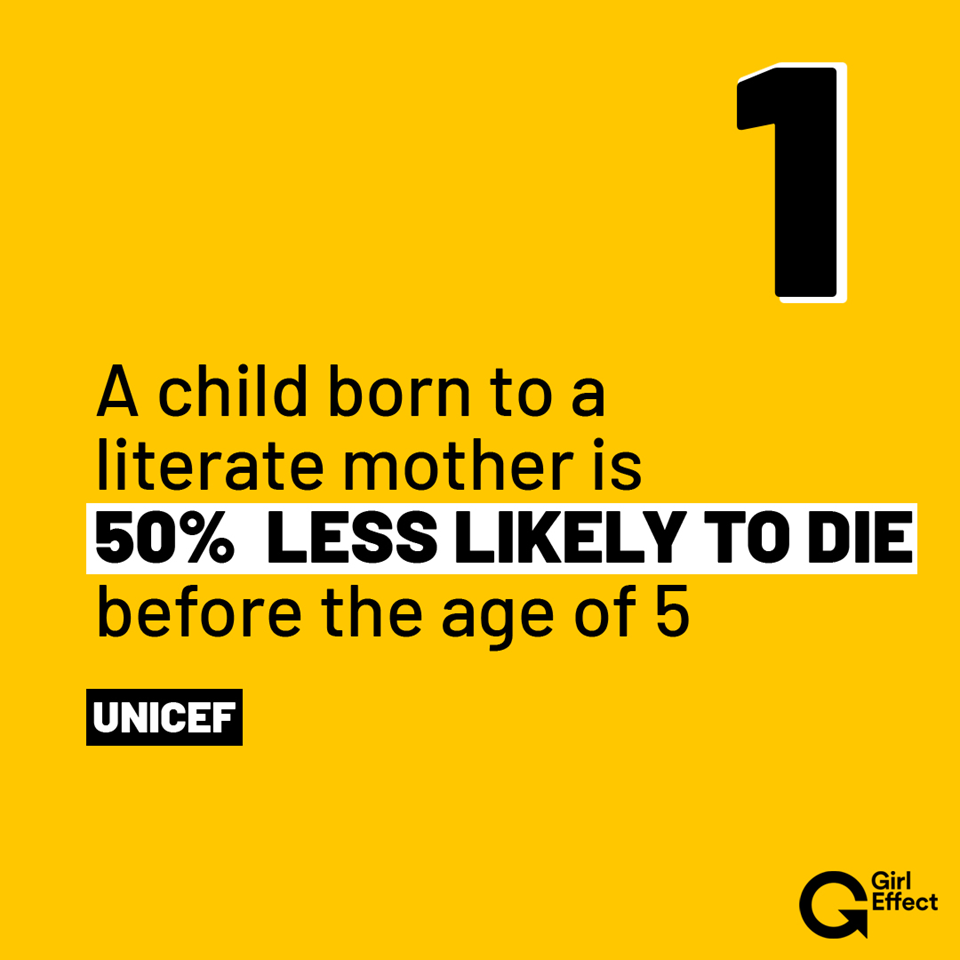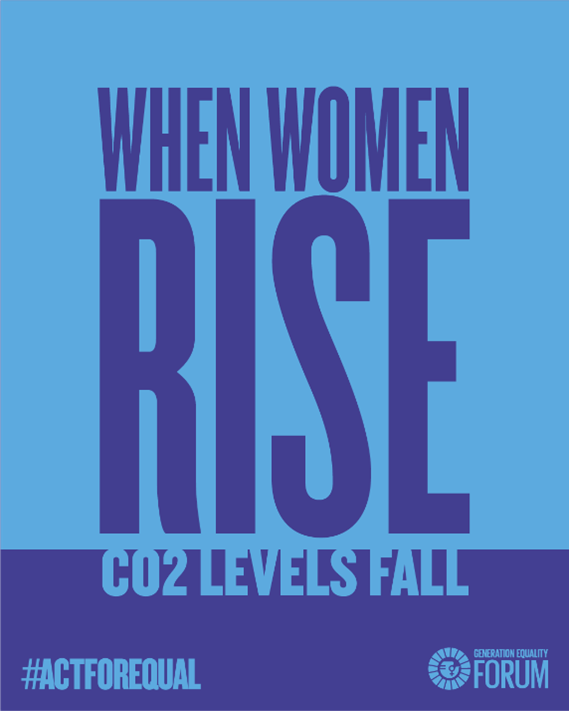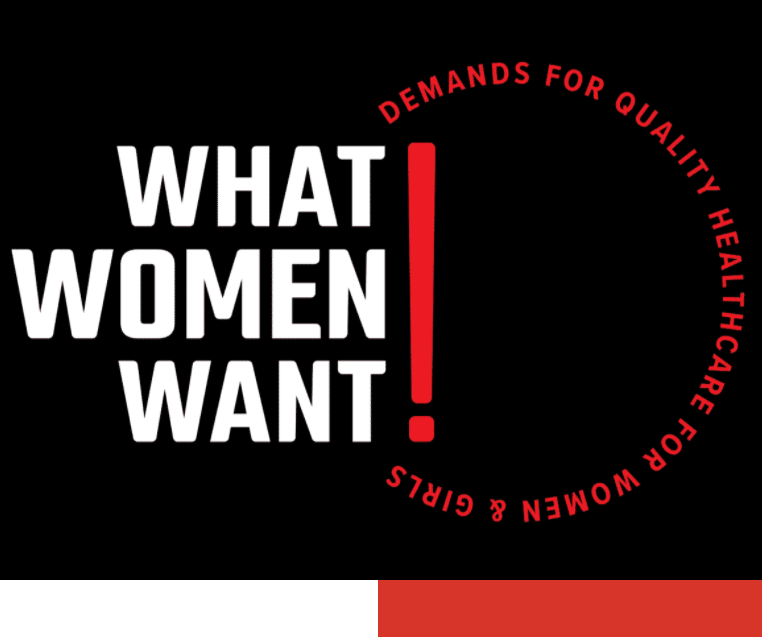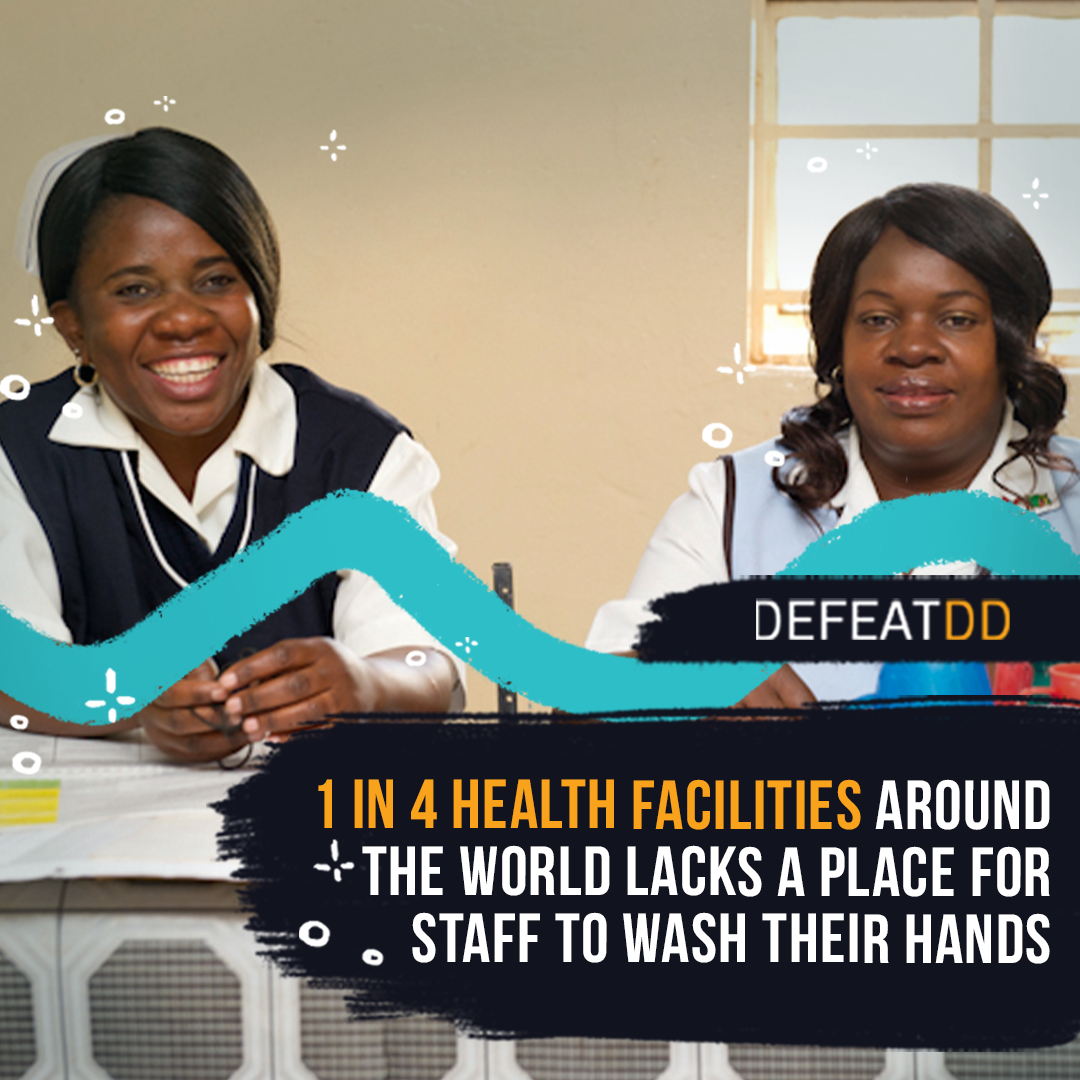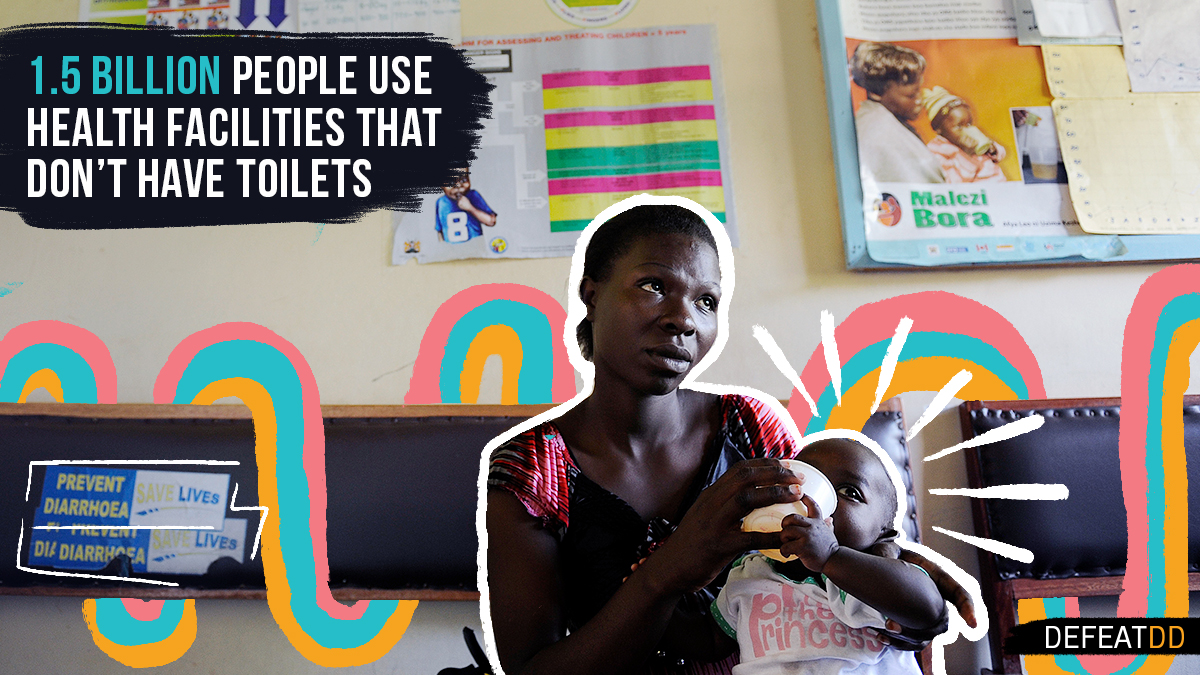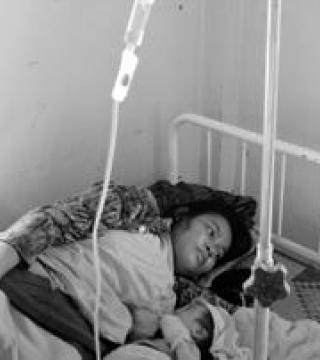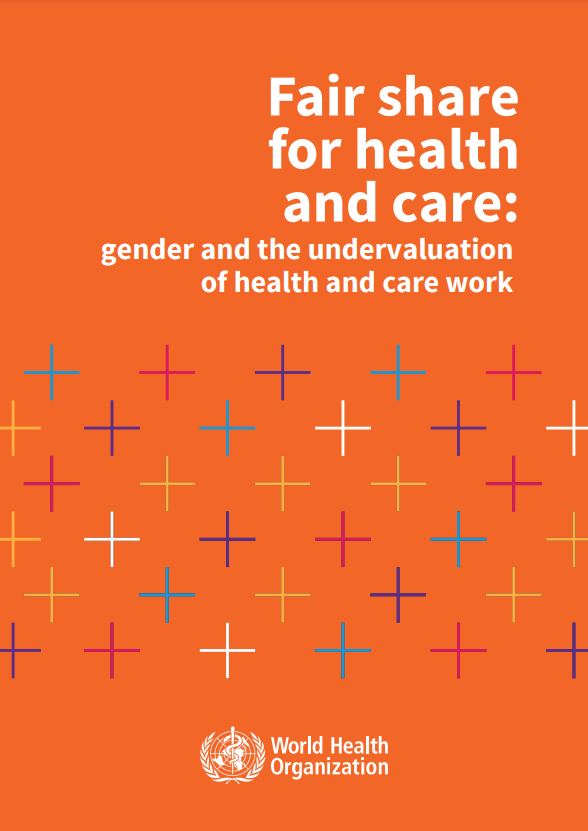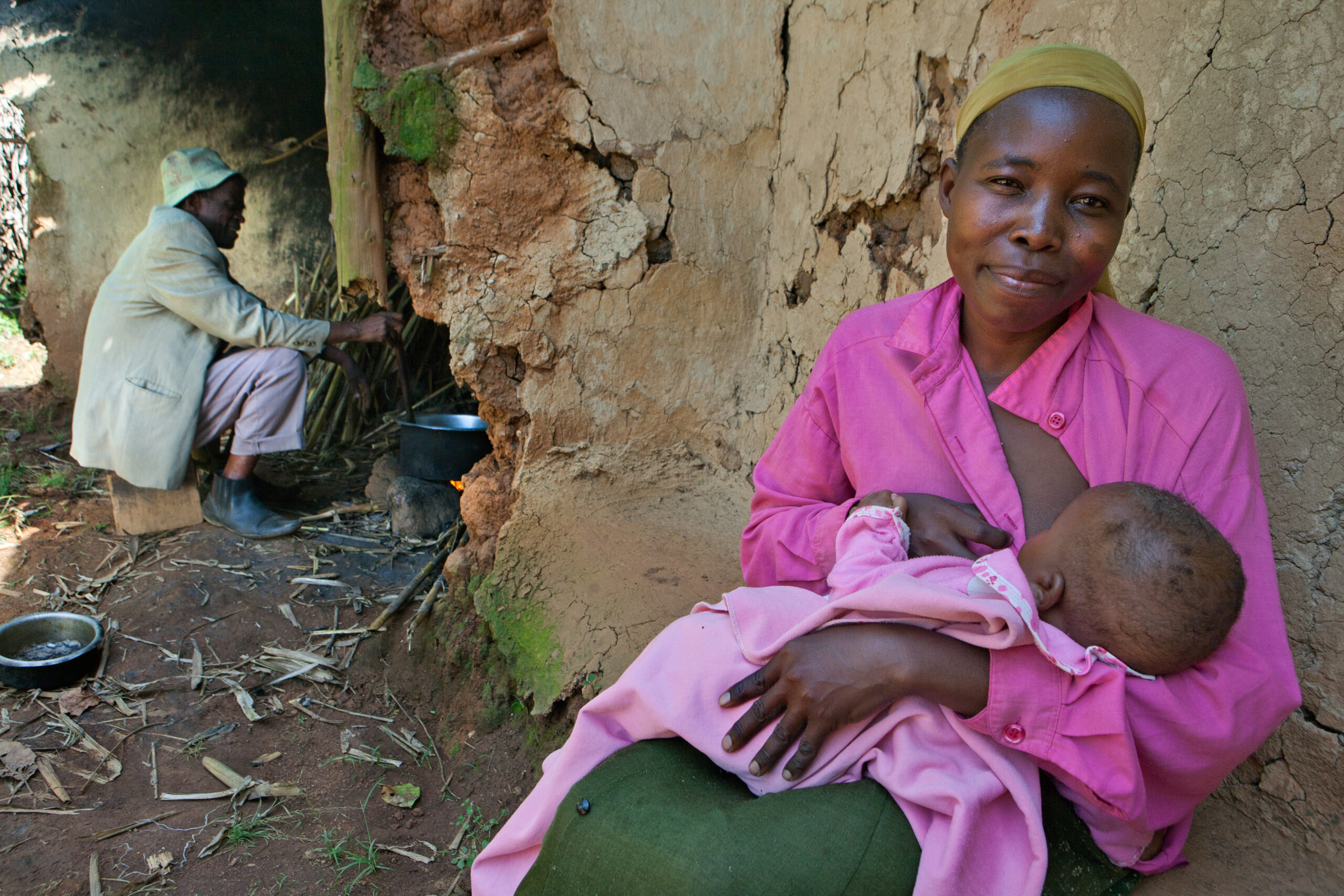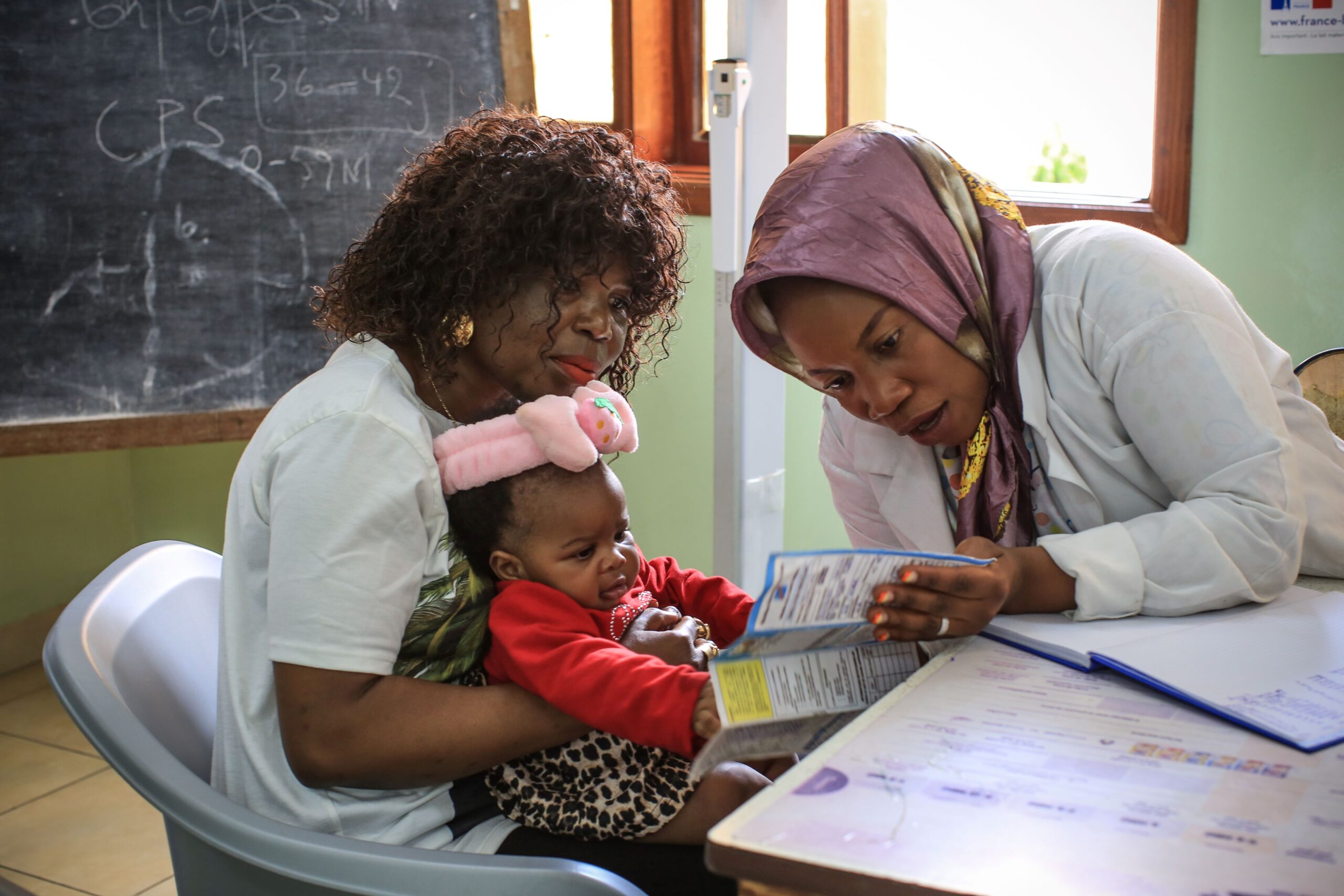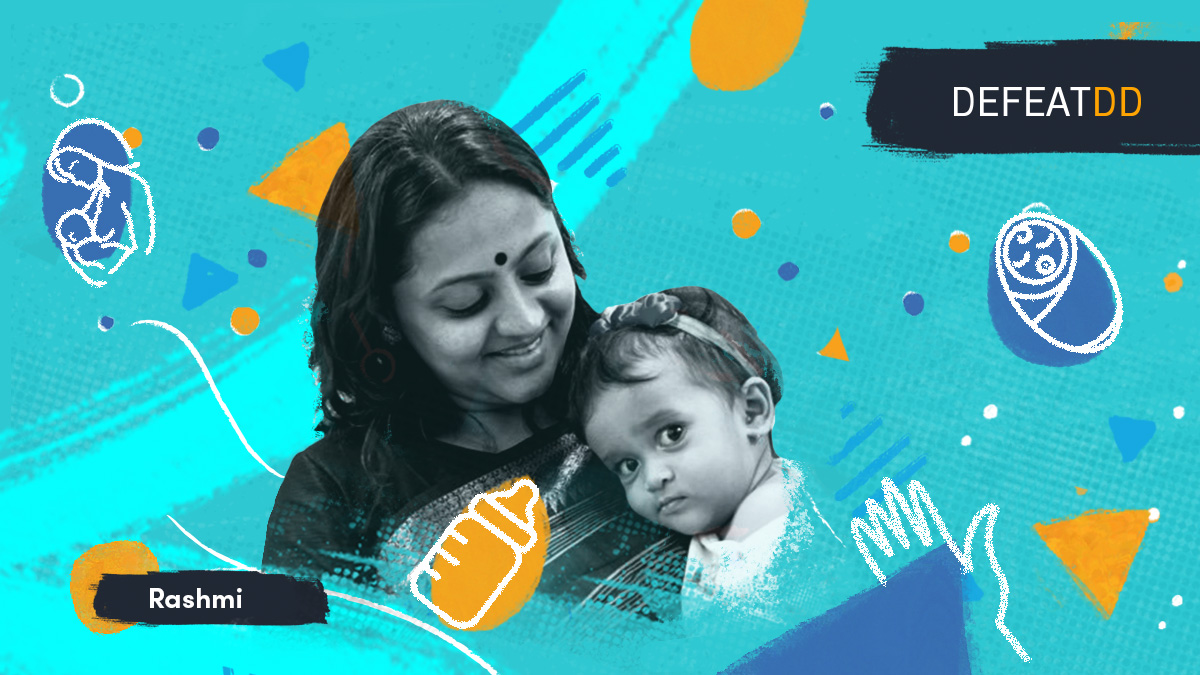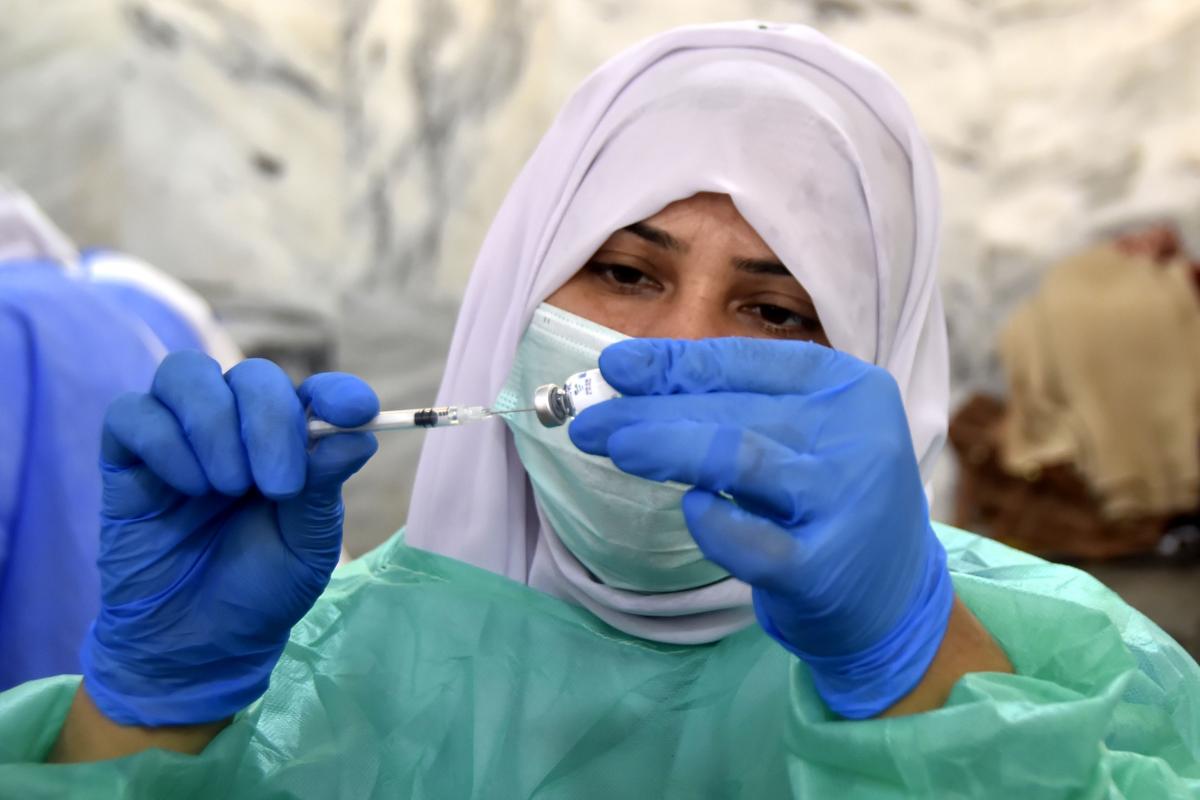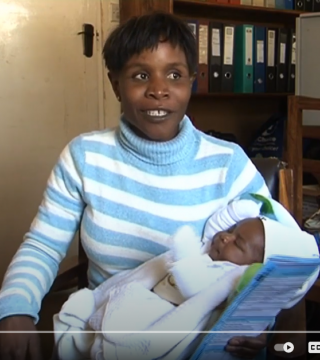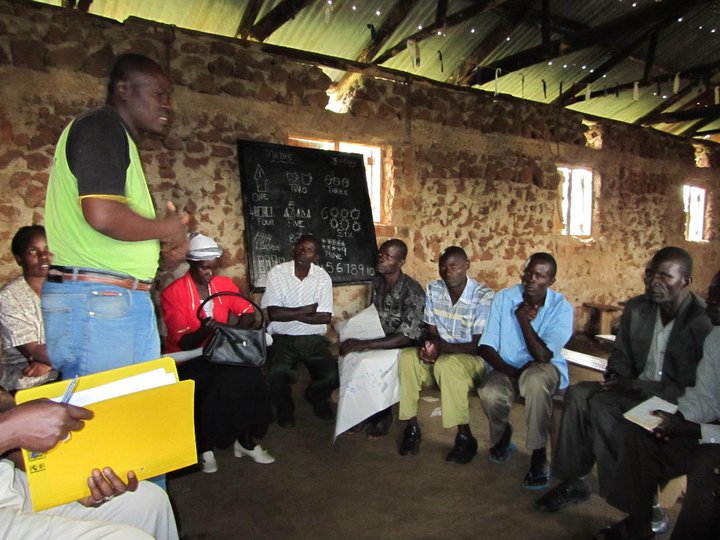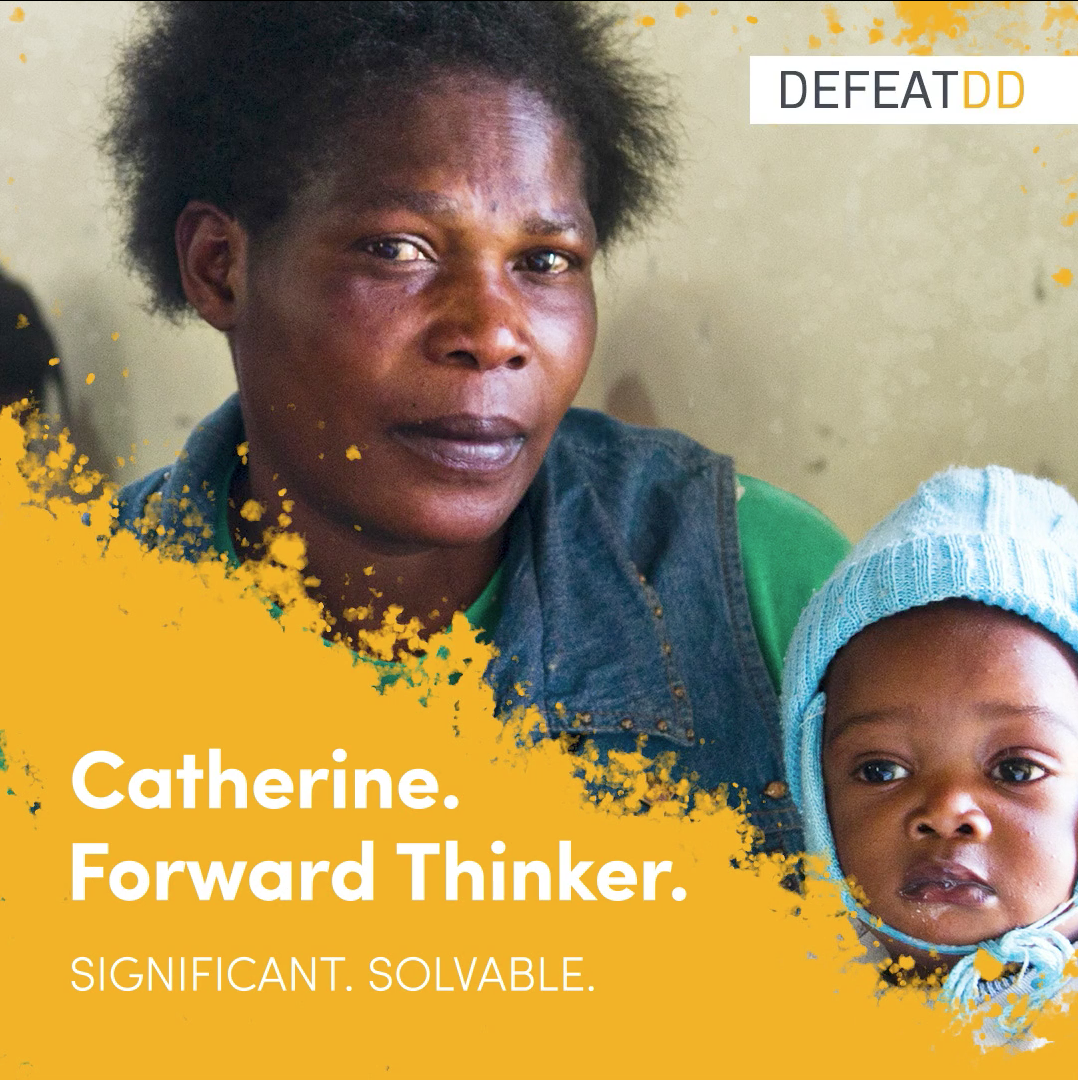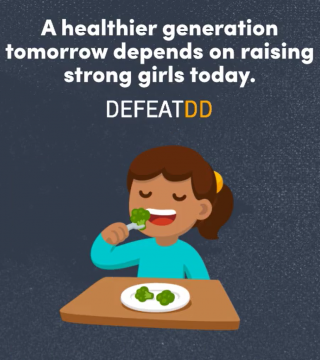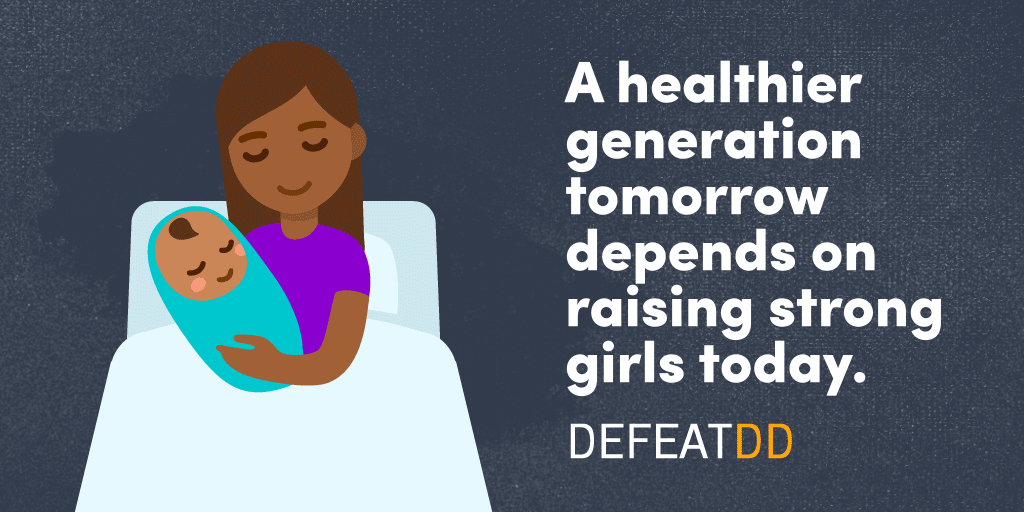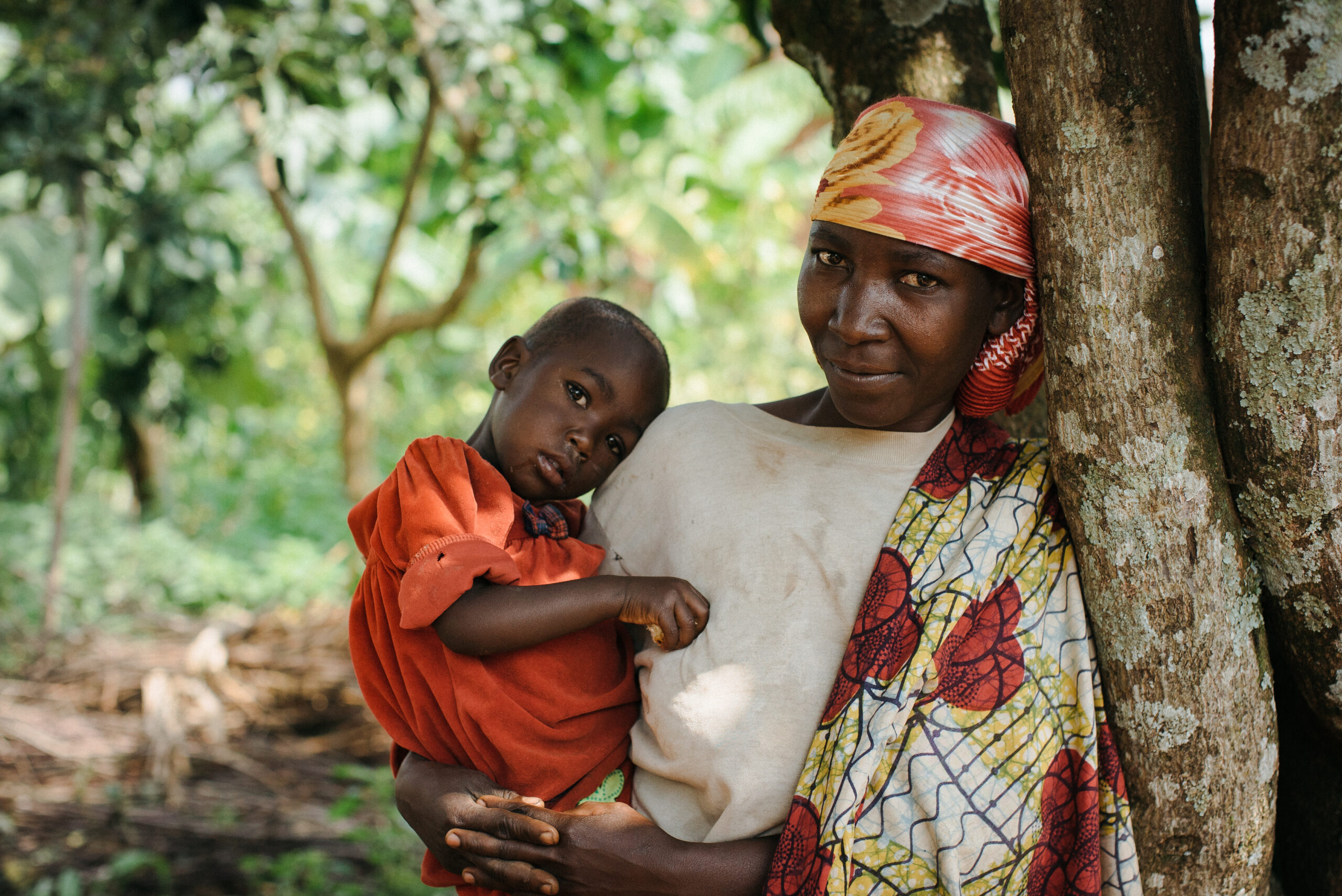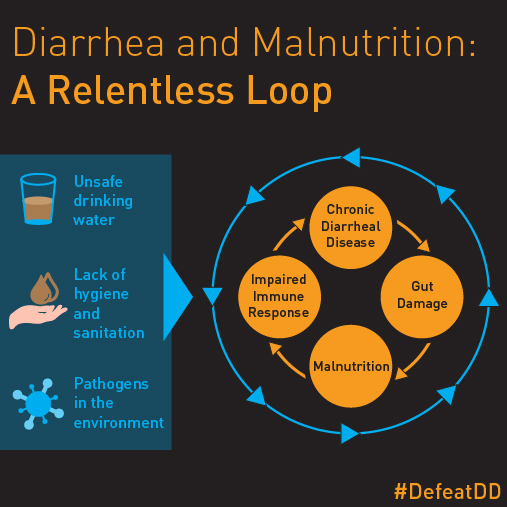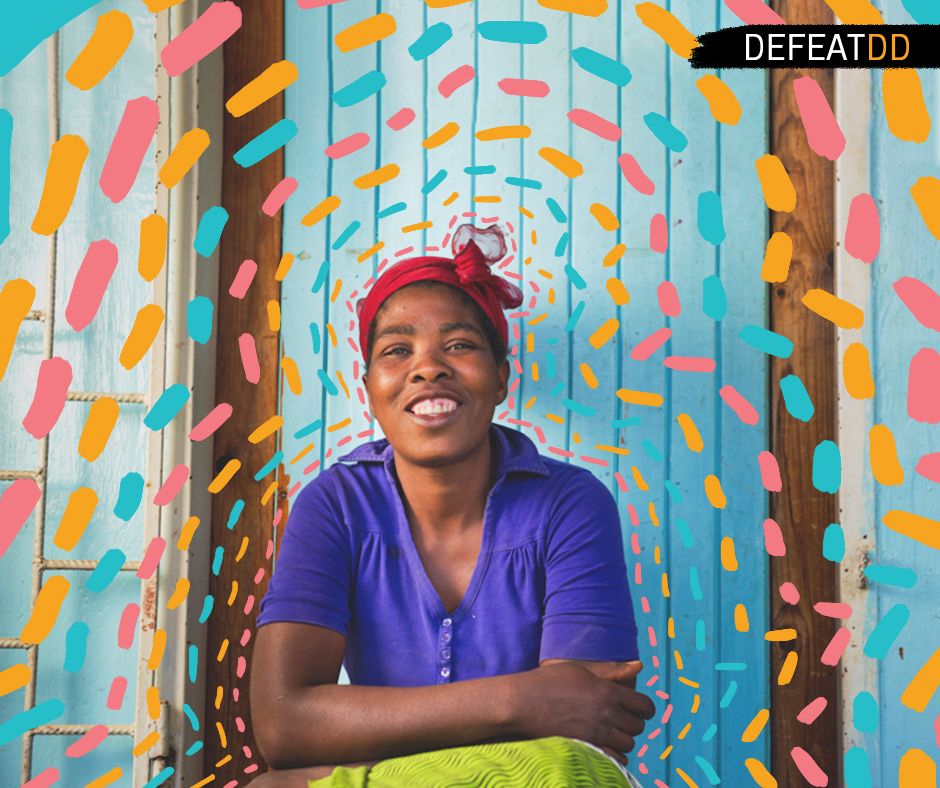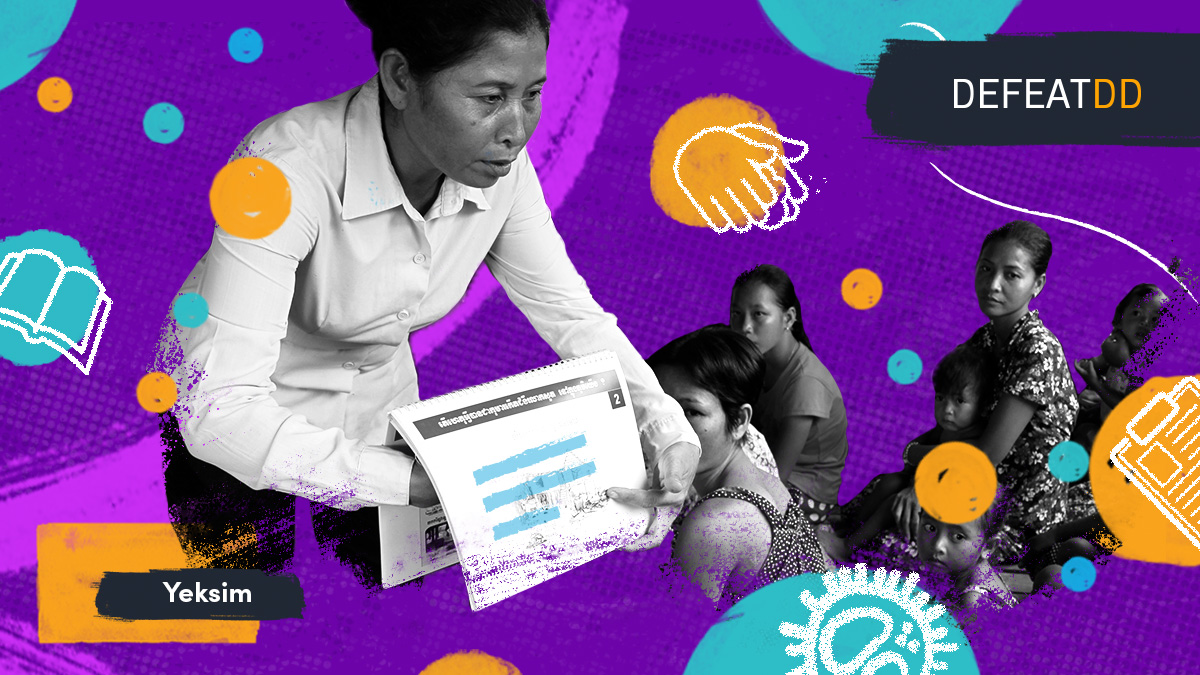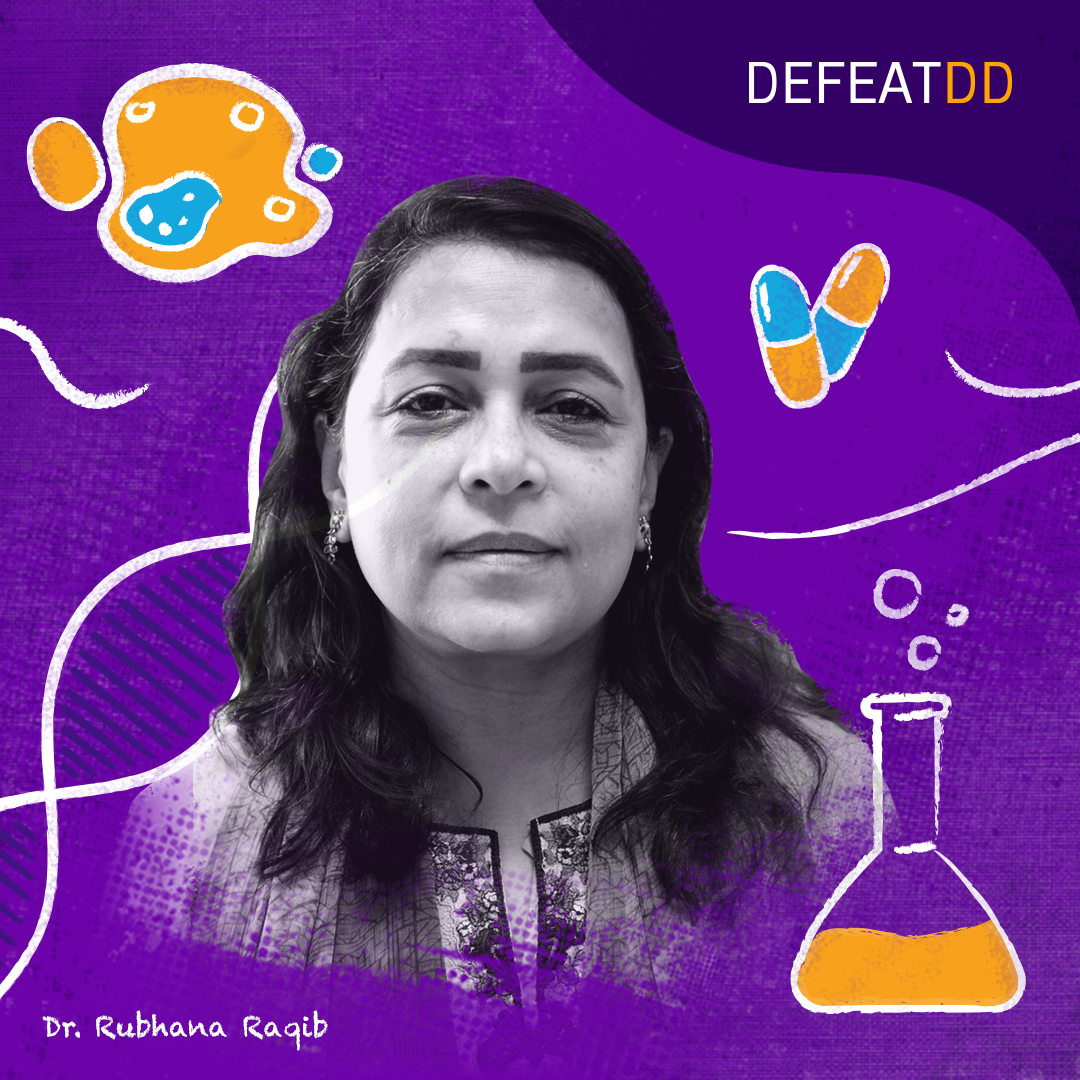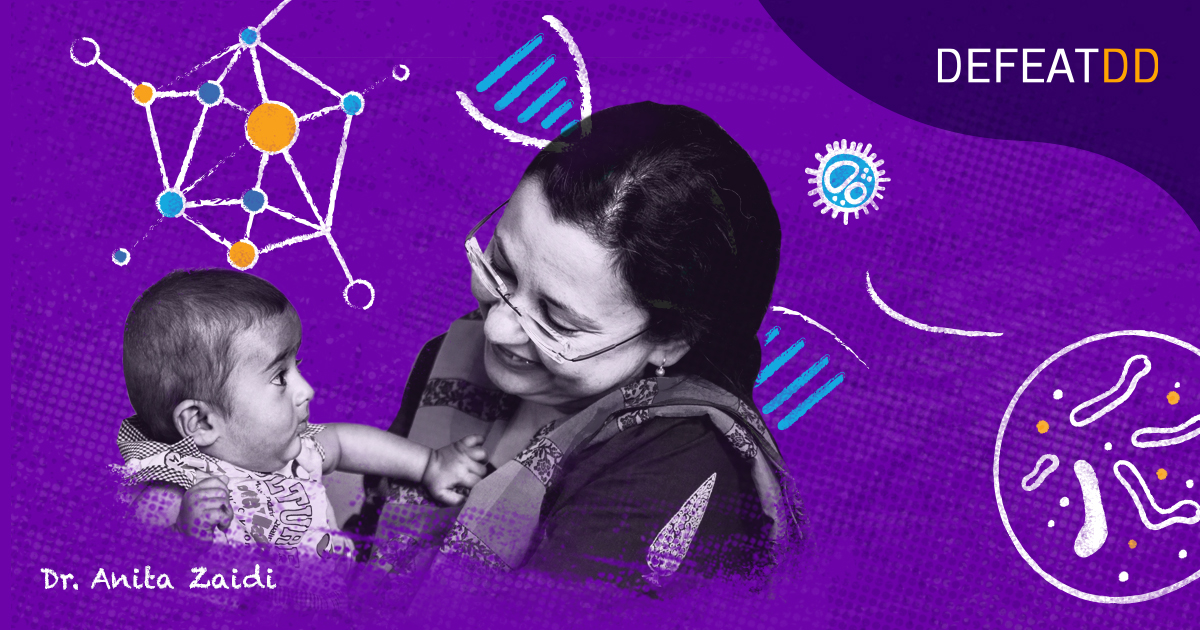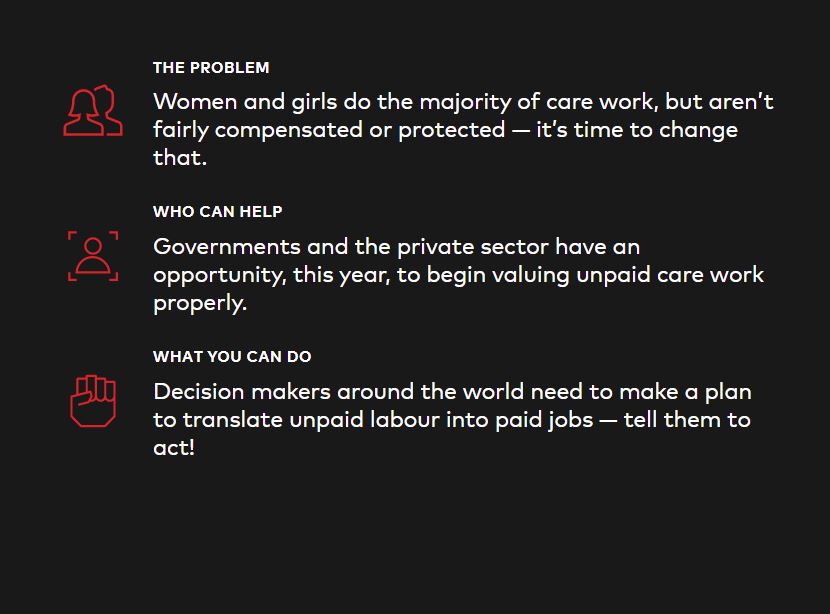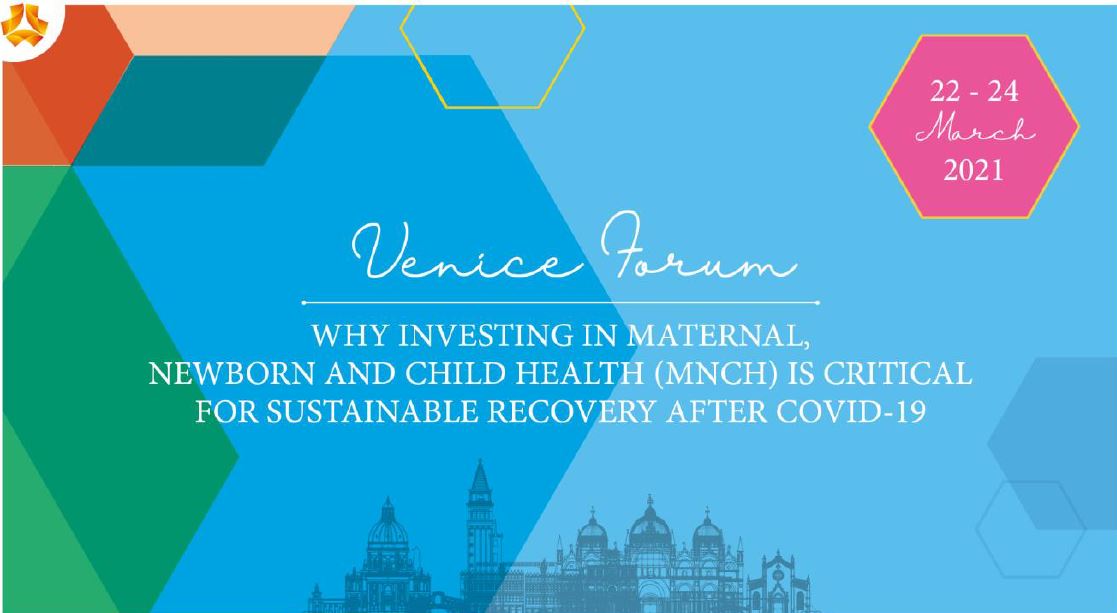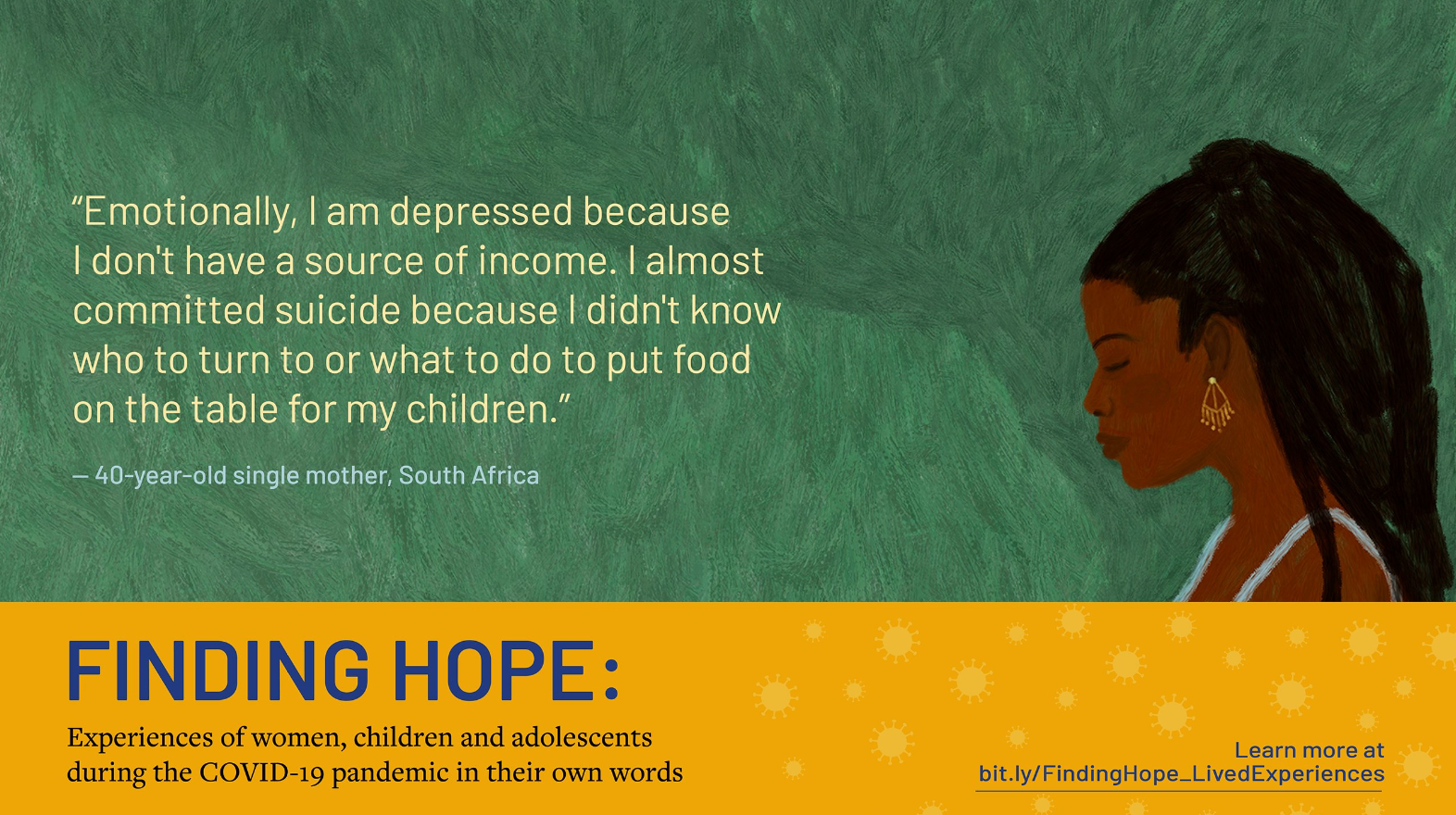Gender-Equitable Families and Health Systems are Better for Children
Essential medicines, vaccines, hygiene, education, and adequate nutrition: these are the tools you might typically associate with child health.
But health interventions and behaviors are only as effective as the hands that deliver them.
Whether a child grows up healthy is largely dependent on the adults in their lives. Family members and healthcare workers play the leading role, and each is a part of cultures and systems that can help or hinder health.
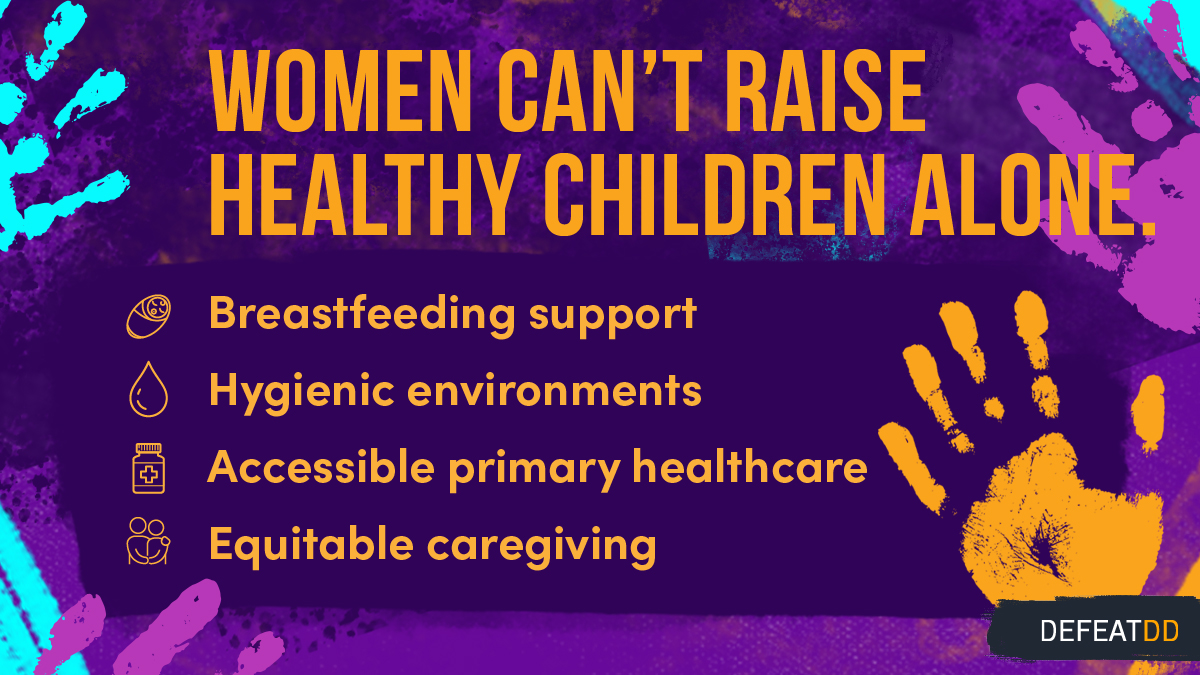
Gender inequity is too often among the family and healthcare dynamics that have long-term health implications for children as they grow up:
- Within families, the physical, emotional, and financial health of women – mothers in particular – are inextricably linked to the health and well-being of children. Fathers, too, play a key role in whether a child has access to healthcare and opportunities.
- Achieving gender equity that facilitates health works best as a collective partnership between family members, communities, and health systems. It starts with putting the mother and child at the center and prioritizing health at home and in the clinic – from support of breastfeeding to safe, hygienic, family-friendly primary healthcare access. Everybody plays a part.
More gender equity means better health for women and children, too. Featuring Ruth Wanjala, Esther Nasikye, and Deogratias Agaba.
View and share the resources below to join the conversation about how gender equity improves child health outcomes.
